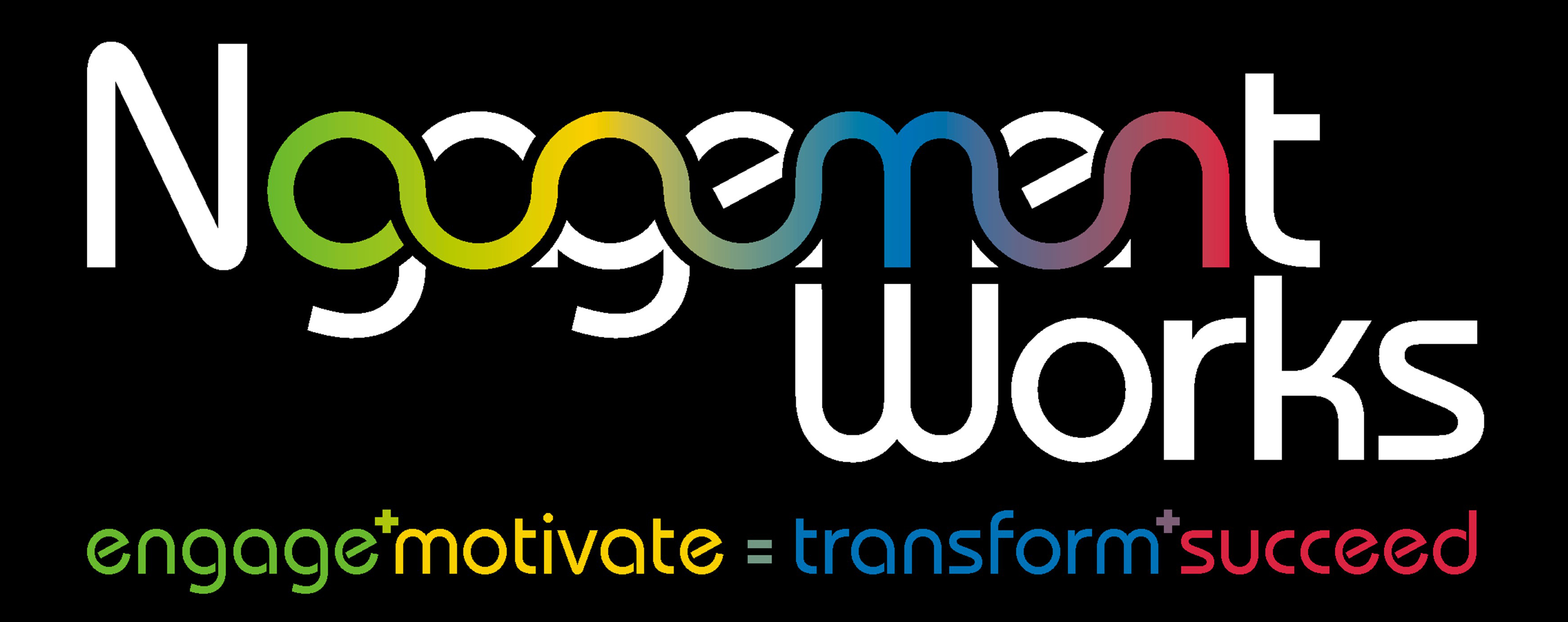You’ve successfully achieved your project management accreditation, the project sponsor gives you a brief on the benefits that are required to be realised and the time, cost and quality expected of the solution. Enter stage left your project team and off you all go. Busily writing project plans, developing Gantt charts for milestones, risk registers, stakeholder maps etc. etc. Before you know it, you’ve used up half your time, you’re over your budget, stakeholders are still wanting more from the final solution and cracks are appearing in your team due to stress.
If the above scenario sounds familiar, or indeed you’ve experienced it, don’t worry, you are not alone, so have I and countless others, however, you don’t need to experience this pain, which I can tell you, from first-hand experience, can be pretty awful.

Nick Fewings, Managing Director, Ngagementworks speaking at Risk Leadership Conference organised jointly by APM & RICS
I was speaking at a Risk Leadership conference in London yesterday and shared 3 of the top reasons why 70% of business change fails to achieve its desired goals.
- Lack of strong leadership.
- Lack of understanding of team skills.
- Lack of effective stakeholder management.
The common denominator, people. Over the last 20 years, these 3 have time and time again been cited in reports and white papers on project failure. But for some reason, a lot of people don’t learn from these reasons for failure.
Focussing on the first two, why do so many PMs still pay scant or little regard, to truly understanding their leadership skills and understanding the skills of their project team, instead rushing headlong into becoming busy with project activities, that the project management methodologies say are required?
Based on my personal knowledge and experience, and being actively involved in the PM community, I think there are 2 reasons;
Difficult to measure the impact
The return on investment on “team development”, “team bonding”, “away days” is hard to measure and therefore difficult to justify to project sponsors, who, if they are cynics, and don’t understand the significant positive impact this can have, perceive these activities as a “jolly.”
Misguided perception
Getting the team together to discuss strategy and plans is perceived as OK, however finding out about individual’s strengths, communication needs, decision-making style and their possible weaknesses, i.e. behaviours is seen as “pink and fluffy”. Well unless you know otherwise, the human brain, which drives our behaviours, is the most complex thing I’ve ever come across.
I even had a delegate at the lunch break echo the above. They told me that a team development day had been agreed, which then turned into half a day and even that half a day was further eroded with time allocated to discussing strategic project issues!!
The benefits of investing time in yourself and your team
In the recent past, I was asked to partner with a client and work with their project team of 10, who were undertaking a 3 year project. The organisation were forward-thinking and recognised the added-value that individual and team development delivered.
A learning and development programmes was developed, each individual receiving their own unique 24-page behavioural personal development document, which was shared with team members. This also enabled team dynamics to be reviewed and discussed. Throughout the life-cycle of the project, I worked with the team once every six months. As part of this, I used a team ‘wellbeing’ tool to check in on what the team thought and felt about the team culture, based on elements of effective teamwork. The first time it was run acted as a benchmark. Subsequently when it was re-run, bespoke learning and development programmes were developed, based on the areas of perceived weakness or challenges the team fast. Action plans were generated to overcome these issues.
The outcome was that the team delivered a successful project ahead of schedule, to the quality required by the sponsor and other stakeholders, and in doing so, made savings of 15% on their project resource costs. They only needed to invest 6 days over the 3 years on individual and team development. Their project staff costs over the 3 years were just short of £1M. They saved £150K against a development investment of 10% of this. I have no doubt that your project sponsor would be more than happy with the above.
Learning & development considerations
1. Whatever personal development psychometric that you decide to use, and there are a lot on the market, make sure it is one that has the seal of approval from the British Psychological Society.
2. Engage with a facilitator that knows the chosen psychometric well and has a good reputation in achieving results.
3. Ensure that whatever learning and development programmes you agree on, are bespoke, so that they meet your needs and the needs of your team.
Conclusion
It is your leadership and the skills of your team, that will deliver your project. It is only right and proper, that you should invest in your development, their personal development and the development of your team.
Wishing you future success in the projects that you deliver.
Yours behaviourally, Nick






